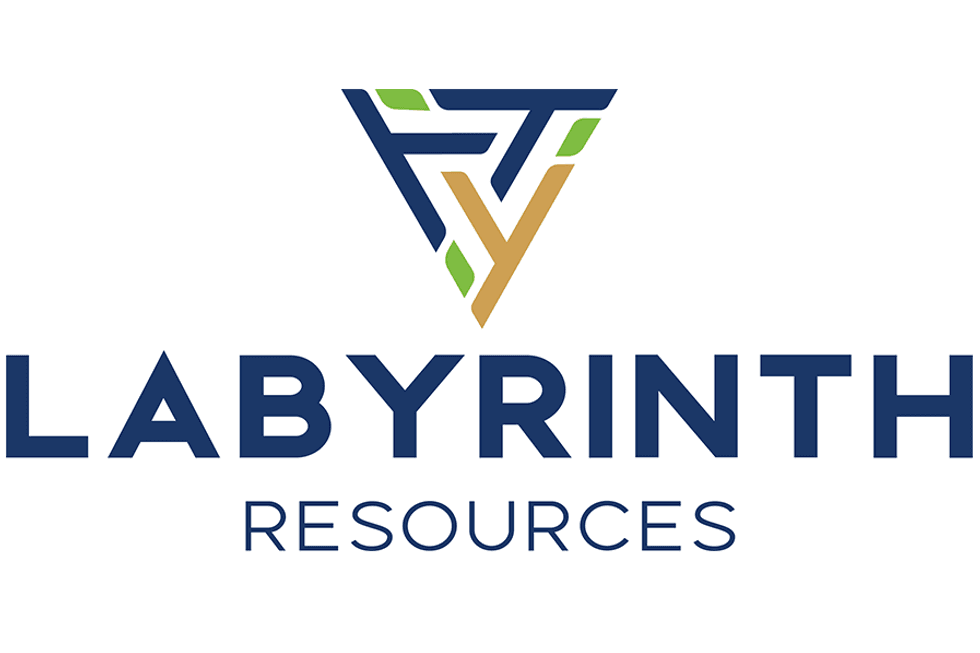Update to Entitlement Offer Timetable

Historical and current political and economic landscapes
During the 1920s, Argentinians had higher incomes than the French, Italians and Spanish. Millions of immigrants from across Europe and South Africa arrived in Buenos Aires. The Jewish population in Buenos Aires was larger than everywhere, except New York.
Without taxing or registering immigrants, Argentina was truly a “free” country. Immigration influx, natural wealth, small government, rule of law and respect for property rights propelled it to the sixth richest country, with incomes similar to those in England.
In 1941, Argentina was wealthy, with most of that wealth produced by landowners who exported beef and grains. Today it’s positioned 38th in median income, below Belarus.
As any political pundit will acknowledge, more votes are in cities. Urban voters fell for “Peronism” — steal from the rich, give to the poor and get elected. Juan Perón, minister of labour, settled strikes by increasing wages, and when elected president in 1946, he continued. Government-run pensions and restrictive labour laws kept the votes coming. The government grabbed farm exports and key industries. Price controls kept urban voters happy.
That’s been the pattern for 100 years — make promises, print money, run deficits, borrow and repeat. When bills come due, print more money while blaming the rich and going broke every decade or so.
The military has taken over twice. The government has defaulted on its debt 12 times. Inflation has reached 249 percent. Unfortunately, a healthy economy can neither be built with nor fixed with debt.
Argentina’s economic distress and chronic inflation come from creating money and overspending. When Milei became president he promised to end inflation and spur economic growth.
Argentina’s mineral resources and mining sector
Covering an area of 2.8 million square kilometres and spanning almost 4,000 kilometres long, Argentina’s climate incorporates rainforest-covered tropics and sub-Antarctic conditions.
Rich in metals, its mineral resources include gold, silver, lead, zinc, tin, copper, iron ore, manganese, petroleum, uranium and lithium.
In Argentina, foreign individuals and entities can acquire and hold mineral rights, although federal or provincial governments own the mineral resources in their jurisdictions. Local authorities grant individuals and legal entities exploration and development concessions, keeping with the Argentina Mining Code.
New economic agenda
Milei has already begun lifting economic restrictions and controlling the fiscal deficit.
Without reserves to repay creditors, he asked the International Monetary Fund to resume the existing program, which had been on hold, thanks to unrealistic election promises from the opposition.
In his first six months, Milei slashed spending, halted public works projects and cut revenue payments to provinces to achieve a fiscal surplus. He also chopped the number of ministries in half and eliminated…
Read More: Update to Entitlement Offer Timetable
